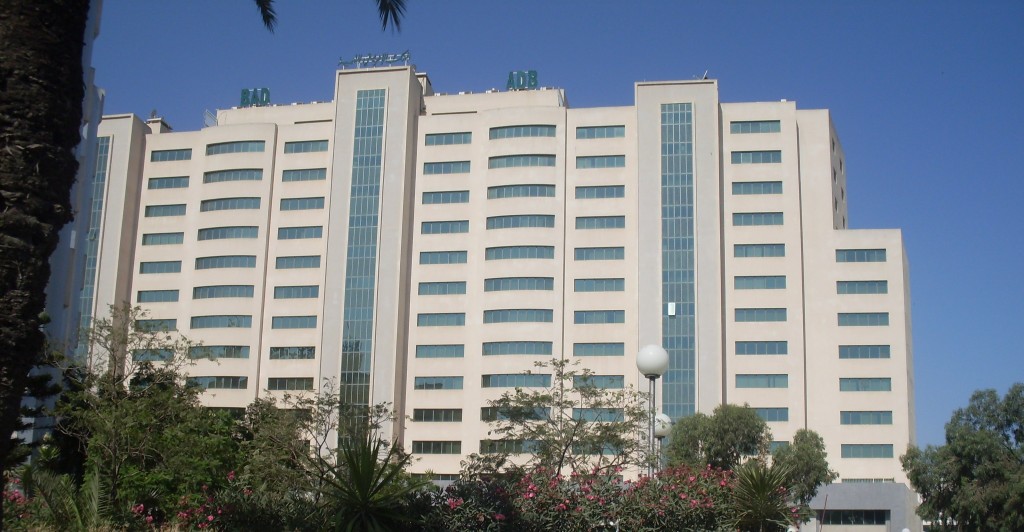Prof. Patrick Verkooijen, the Chief Executive Officer (CEO) of GCA, in a statement issued on the AfDB website, called for urgent financial support to put Africa on the path of food sovereignty. Verkooijen spoke at a three-day regional forum on the future of resilient food systems in Africa organised by the GCA and AfDB. The forum urged the Future of Resilient Food Systems in Africa – AAAP Digital Solutions for a Changing Climate provided through training for stakeholders across Eastern Africa. The training strengthened their capacity to design and implement solutions to improve food security and climate resilience. It was also meant to facilitate knowledge sharing among farmers on scaling up the use of Digital Climate-informed Advisory Services (DCAS). The News Agency of Nigeria (NAN) reports that DCAS are tools and platforms that integrate climate information into agricultural decision-making.
Globally, more than 300 million small-scale farmers have limited or no access to DCAS because service provision is still fragmented, unsustainable beyond project cycles, and not reaching the last mile. According to Verkooijen, Africa needs urgent support to scale up the implementation of adaptation solutions. “Through the African Adaptation Acceleration Programme (AAAP), we are rolling out a 350 million dollar project to build resilience for food and nutrition security in the horn of Africa. This is toward mobilising new digital climate technology for market information, insurance products, and financial services that can and must be tailored to smallholder farmers’ needs,” he said. The AfDB’s East Africa Regional Director-General, Nnenna Nwabufo, represented by Dr Pascal Sanginga, the Regional Sector Manager for Agriculture and Agro-Industries, said the forum was timely. The AAAP is already contributing to closing Africa’s adaptation gap by supporting African countries to make a transformational shift in their development pathways.
“It is putting climate adaptation and resilience at the centre of their policies, programmes, and institutions. There is no doubt that AAAP will be a strong component of the country’s Food and Agricultural Delivery Compacts. As it will accelerate the transformation of Africa’s food systems and build a more resilient Africa,” Nwabufo said. Prof. Stephen Gitahi, Vice Chancellor of the University of Nairobi, said 70 per cent of the population in Eastern Africa live in rural areas and depend on agriculture for their livelihoods. Gitahi encouraged the trainers to simplify the modules to remove the fear of technology and accelerate adaptation for rural farmers. We acknowledge that gaps exist on climate adaptation in the rural communities, and those can be smartly bridged with the use of digital smart agriculture and climate innovations,” he said. The forum brought together stakeholders and participants from Djibouti, Eritrea, South Sudan, Burundi, Rwanda, Mauritius, Tanzania, Seychelles, Sudan, Ethiopia, Rwanda and Kenya. (NAN)

